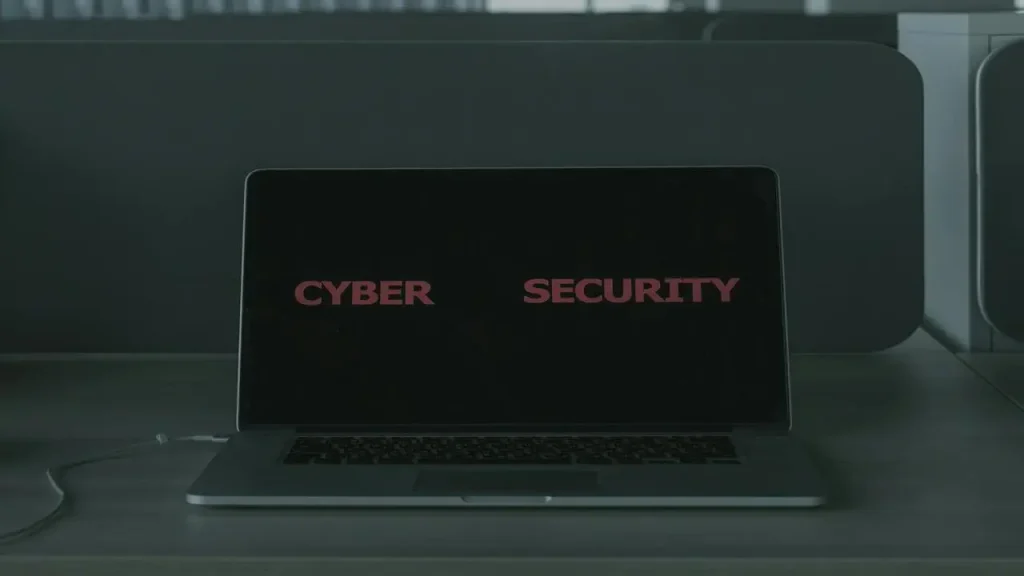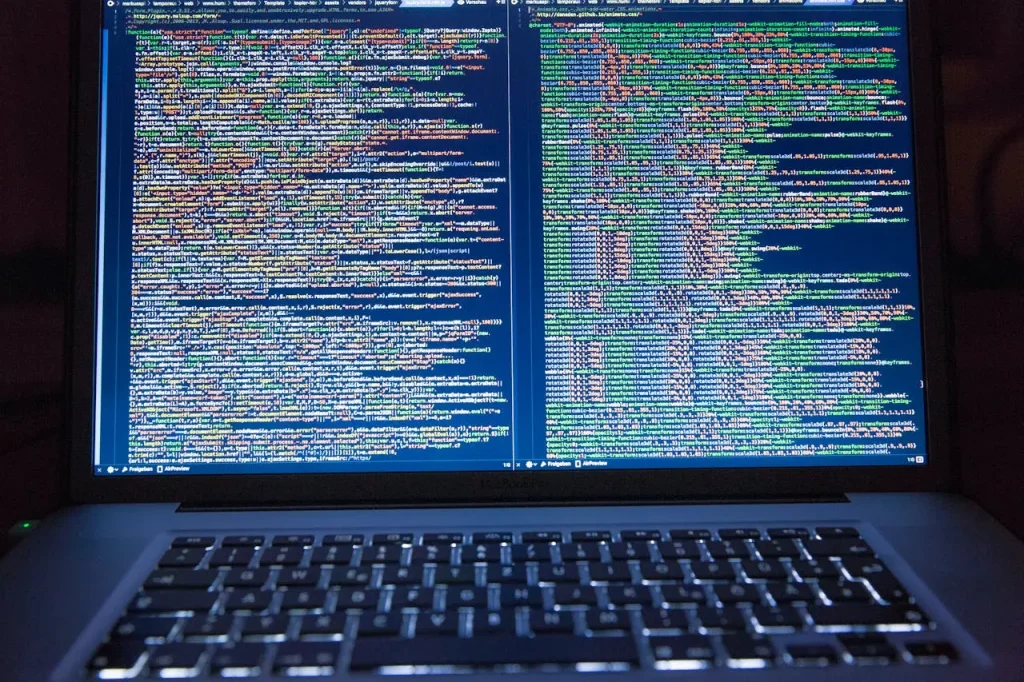The Importance of Cybersecurity in 2024
In 2024, as the world becomes increasingly digital, cybersecurity is more critical than ever. With the rise in cyber threats and sophisticated attacks, protecting personal and business data is paramount. Cybersecurity measures help safeguard sensitive information from unauthorized access, ensuring privacy and security in an interconnected world.

Overview of Online Threats
Cyber threats have evolved, encompassing a range of malicious activities such as phishing, malware, ransomware, and identity theft. These threats can compromise financial data, personal information, and even national security. Understanding these risks is the first step toward implementing effective security measures.
Use Strong and Unique Passwords
Password Complexity and Length
Strong passwords are essential for online security. A robust password typically contains a mix of letters, numbers, and special characters, and is at least 12 characters long. Avoid using easily guessable information like birthdays or common words.
Password Managers
Password managers can generate and store complex passwords for various accounts, reducing the risk of using weak or duplicate passwords. They provide a secure way to manage multiple credentials, making it easier to maintain strong, unique passwords for every site.
Enable Two-Factor Authentication
Benefits of Two-Factor Authentication
Two-factor authentication (2FA) adds an extra layer of security by requiring two forms of verification before granting access. This can be a combination of something you know (password) and something you have (mobile device) or something you are (biometrics).
Setting Up Two-Factor Authentication
Most online services offer 2FA. To set it up, go to the security settings of your account, choose 2FA, and follow the prompts to link your mobile device or another authentication method. This significantly reduces the chances of unauthorized access.
Regularly Update Software
Importance of Software Updates
Software updates often include patches for security vulnerabilities. Keeping your operating system, applications, and antivirus software up to date is crucial for protecting against exploits that hackers can use to gain access to your systems.
Automatic Updates vs. Manual Updates
Enabling automatic updates ensures that your software is always current, reducing the risk of missing critical security patches. If you prefer manual updates, set regular reminders to check for and install updates.
Secure Your Home Network
Changing Default Router Settings
Default router settings are often common knowledge, making them an easy target for hackers. Change the default username and password, and disable remote management to enhance security.
Using Strong Network Encryption
Ensure your Wi-Fi network uses WPA3 encryption, the latest and most secure wireless encryption standard. This helps protect your data from being intercepted by unauthorized users.
Be Wary of Phishing Attacks
Recognizing Phishing Emails
Phishing emails often appear legitimate but contain malicious links or attachments. Look for signs like generic greetings, misspellings, and unexpected requests for personal information.
Responding to Phishing Attempts
Do not click on links or download attachments from suspicious emails. If you receive a phishing email, report it to your email provider and delete it immediately. Always verify the sender’s identity through a different communication channel if unsure.
Use a VPN
How VPNs Protect Your Privacy
A Virtual Private Network (VPN) encrypts your internet connection, masking your IP address and protecting your data from being intercepted by hackers. This is especially useful when using public Wi-Fi networks.
Choosing the Right VPN
Select a reputable VPN service that offers strong encryption, a no-logs policy, and high-speed servers. Free VPNs often lack the necessary security features and can pose additional privacy risks.
Protect Your Mobile Devices
Mobile Security Best Practices
Keep your mobile device’s operating system and apps updated. Use strong passwords or biometric authentication to lock your device, and be cautious when downloading apps from unknown sources.
App Permissions and Security
Review app permissions regularly and disable those that are unnecessary. Be wary of apps that request access to sensitive data or functions without a clear need.
Backup Your Data Regularly
Different Types of Backups
Regularly back up your data to multiple locations, including external hard drives and cloud storage. This ensures that you can recover your information in case of data loss due to cyberattacks or hardware failure.
Best Practices for Data Backup
Schedule automatic backups and test them periodically to ensure they work correctly. Encrypt your backups for additional security, and store them in a secure location.
Be Aware of Public Wi-Fi Risks
Dangers of Public Wi-Fi
Public Wi-Fi networks are often unsecured, making it easy for hackers to intercept your data. Avoid accessing sensitive information, such as online banking or shopping, when connected to public Wi-Fi.
Safe Practices for Using Public Wi-Fi
If you must use public Wi-Fi, connect through a VPN to encrypt your data. Ensure your device’s firewall is enabled, and avoid accessing sensitive accounts or entering personal information.
Educate Yourself and Others
Staying Informed About Cyber Threats
Stay updated on the latest cybersecurity threats and trends. Follow reputable sources and consider subscribing to cybersecurity newsletters to keep informed about new vulnerabilities and protection strategies.
Promoting Cybersecurity Awareness
Share your knowledge with friends, family, and colleagues. Conducting training sessions or workshops can help others recognize and respond to cyber threats effectively.
Advanced Cybersecurity Measures
Using Antivirus and Anti-Malware Software
Install reliable antivirus and anti-malware software to detect and remove malicious programs. Keep the software updated and perform regular scans to ensure your system is clean.
Employing Firewalls and Intrusion Detection Systems
Firewalls act as a barrier between your network and potential threats, while intrusion detection systems monitor network traffic for suspicious activity. Both are essential for a robust security posture.
Conclusion
Recap of Key Points
Cybersecurity is an ongoing process that requires vigilance and proactive measures. By implementing strong passwords, enabling two-factor authentication, keeping software updated, securing your home network, recognizing phishing attempts, using a VPN, protecting mobile devices, backing up data, being cautious with public Wi-Fi, and staying informed, you can significantly enhance your online security.
Final Thoughts on Staying Safe Online
Staying safe online in 2024 requires awareness and action. Regularly update your security practices to keep pace with evolving threats. By adopting these cybersecurity tips, you can protect yourself and your data from cybercriminals, ensuring a safer digital experience.
